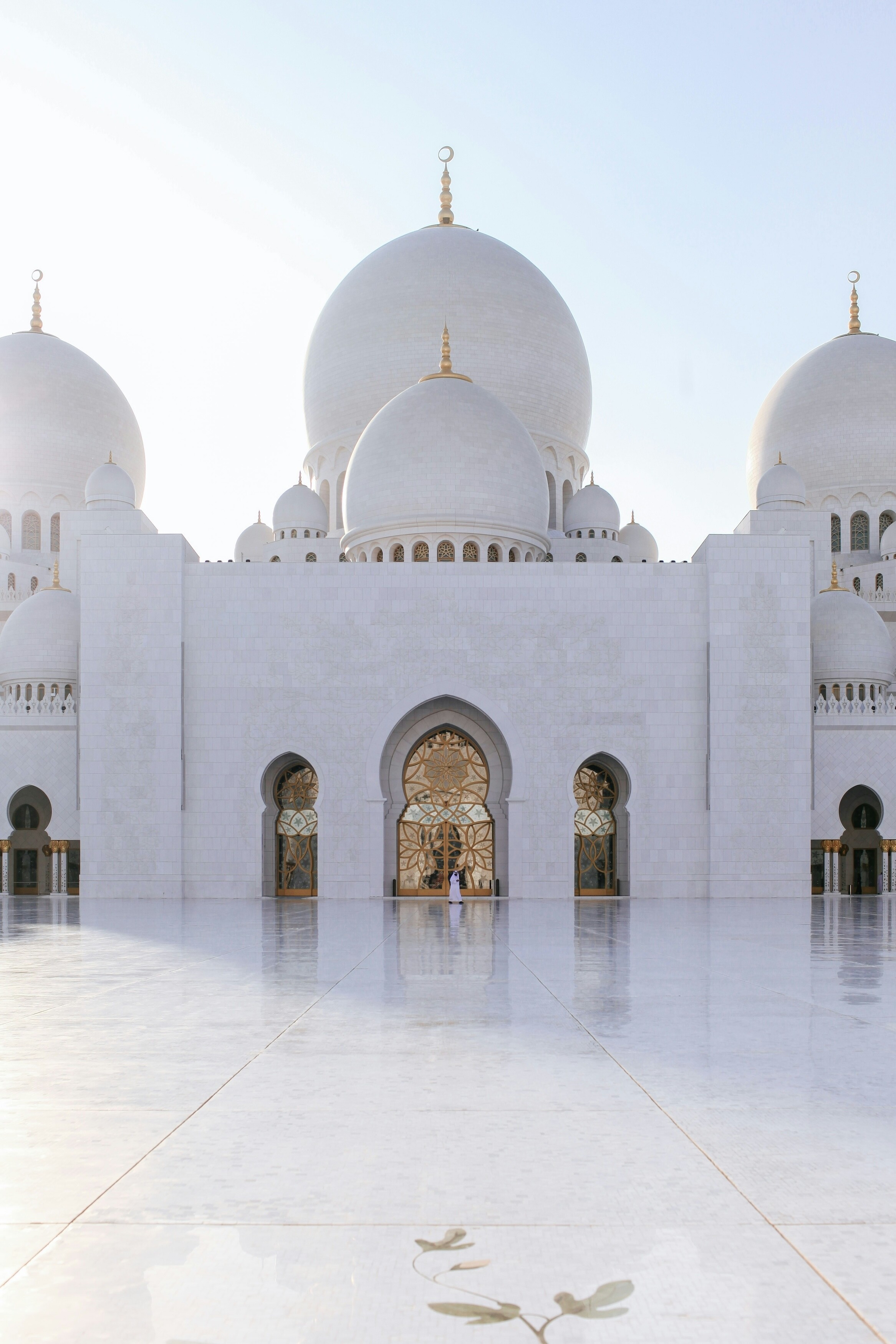Muslim weddings are beautiful and diverse cultural celebrations. Whilst there is variation between the different traditions and histories of different strands of the religion, there are some customs which are included in the majority of Muslim weddings.
If you are invited to a Muslim wedding, you might want to familiarise yourself with some of the elements you can expect.

The Location
A mosque is the preferred choice of venue for a Muslim Wedding Ceremony, however there is no rule which says that this has to be the case. With potentially hundreds of guests attending, many couples having Muslim weddings look for large hotel or conference room venues to accommodate their celebrations.

The Attire
A muslim wedding can go over 2-3 days with pre-wedding rituals, the ceremony and reception so it will be a good idea to have many different outfits to ensure you're covered for all of the celebrations.
If you're attending a Muslim wedding, it's advisable to dress modestly and respectfully - particularly if the venue is a mosque, as this is a place of worship. Generally speaking, this means long sleeves and either trousers or longer skirts and dresses. Female guests may need to cover their heads with a scarf as well.
For the ceremony, these rules might be slightly more relaxed, but it's likely that the couple will inform you of any particular dress code guidelines when they invite you.
The Ceremony
The ceremony for a Muslim wedding is relatively short, usually lasting around 30-40 minutes. During this time, however, there are several important rituals which are undertaken. These include Katb Al-kitaab, where the imam (priest) lays out the terms of the marriage, Nikkah, where the marriage contract is signed, and vows and blessings led by the officiant.
Something worth noting is that guests may be separated by gender during the ceremony. This is traditional, however the couple may or may not choose to do so. We have written a detailed guide to Muslim wedding ceremonies, so if you want to read more about some of these customs you can find that here.

The Reception
Whilst the ceremony itself tends to be a rather quick affair, a Muslim wedding reception can go on for hours! Delicious food, dancing and traditional entertainment all feature to make the evening one which you'll remember for years to come.
Just as with the ceremony, guests may be seated separately by gender at the reception. This may mean that men and women celebrate in different rooms or they might be separated by a partition. Again, this is more of a tradition and the decision is down to the couple. Even if they do choose to do so, non-Muslim guests may not be separated by gender.
Food
A lavish and sumptuous feast is a big part of a Muslim wedding ceremony, so you're in for a treat! The meal is known as the Walima,. The food will most likely be Halal and nothing will contain pork.
Fish, chicken, and rice dishes are all regularly included, as well as sweet treats like candy-covered almonds. Plus, combining the food with entertainment, the cutting of the cake is often done with a large sword which is passed down to the groom from his family for his wedding day!

Drink
In line with most Muslim lifestyles, it is highly likely that there will be no alcoholic drinks served at at Muslim wedding. However, this absolutely won't detract from what is sure to be a magical and memorable evening.
Entertainment
The start of the reception is usually a ritual called Zaffe. This is the couple's grand entrance to their reception, and typically starts with the bride being walked to her groom by her father. After this, a troupe of drummers play traditional, upbeat Arabic music and the rings are changed from the right hand to the left hand.
You can also expect Dabke - a popular folk dance often performed first by professional dancers and then the wedding guests. In Dabke, everyone will dance shoulder to shoulder in a circle with each other.

And finally to round off the evening there is a ritual called Barmet Al-aroos - the final farewell to the couple before they leave the venue in a beautifully-decorated automobile. Often, the friends and family of the couple will follow them back to their home or hotel in a parade of their own cars, playing loud music and honking all the way to announce to the world that the couple in front of them just got married.




